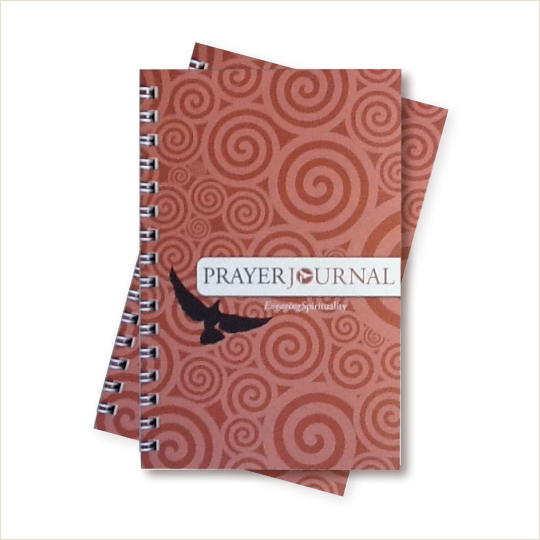
Engaging Spirituality Prayer Journal – PDF Format
JustFaith Ministries
$7.50Prayer journal for participants in the Engaging Spirituality program, now in PDF format. Compiled by JustFaith Ministries.
Product Description
Prayer journal for participants in the Engaging Spirituality program in PDF Format. Compiled by JustFaith Ministries.
